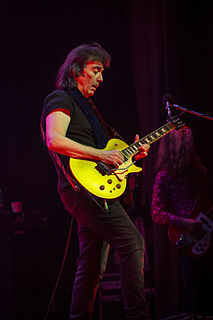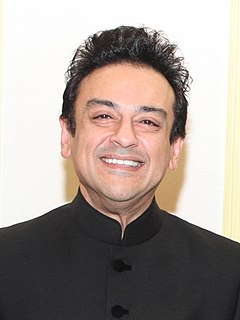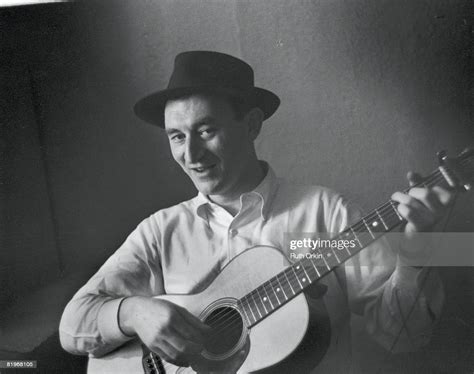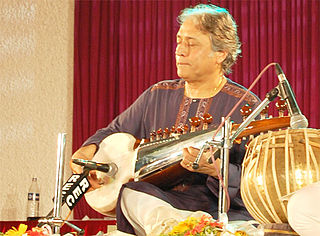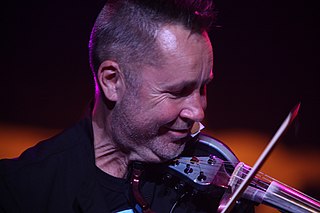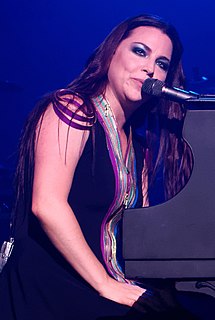A Quote by Dave Brubeck
The reality for me is simple. When music is written, it is usually categorized as classical. When it is improvised, it can still be called classical if it is an inspired improvisation. In either category, it is still music, and it can be good or bad or simply mediocre.
Related Quotes
My father was able to play a number of musical instruments and I fell in love with classical music in my teens and I allowed it to influence me. I like to think I took and still do from classical music and various techniques, I have made classical albums and recorded seven different pieces of Bach on different albums and its all music too me.
I only knew classical music, which to me was the only true music. The only way I could survive at the bar was to mix the classical music with popular songs, and that meant I had to sing. What happened was that I discovered I had a voice plus the talent to mix classical music together with more popular songs, which at the time I detested.


